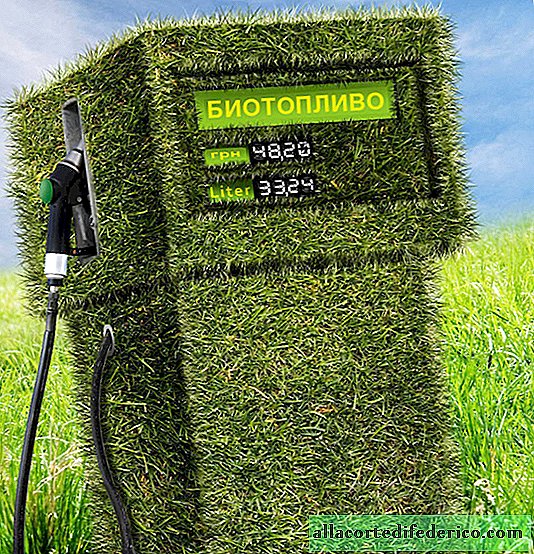Biofuels: why euphoria from its production is replaced by disappointment
At the dawn of its appearance, biofuels were perceived as something environmentally friendly and harmless, capable of replacing the hydrocarbon fuel that is poisoning our planet. Progressive countries that want to reduce atmospheric emissions or do not have their own oil reserves have begun to sow rapeseed and corn in large quantities, build ecological fuel plants and actively introduce advanced technology, urging the rest of the world to follow suit. But in reality, everything turned out to be not so straightforward, and that's why.

Strictly speaking, the term "biofuel" refers to all types of fuel that is produced from plant or animal raw materials, as well as from organic waste. We will not consider solid or gaseous fuels, but dwell on liquid biofuels, which environmentalists had high hopes for and in which they saw a future gasoline substitute. One of the varieties of liquid biofuel is bioethanol.
Bioethanol from the chemical point of view is the same ethanol, or ethyl alcohol, only produced using plant materials. The world leaders in the production of bioethanol are Brazil and the USA, which receive it from corn, sugarcane and other plants. This video more clearly shows how the process of producing ethanol in an industrial environment.

But if biofuel itself is practically harmless and, of course, is a preferable option compared to gasoline or even natural gas, then, as practice has shown, the production of bioethanol or biodiesel itself is not always justified from an environmental point of view. And by watching this video, you will find out why.

















